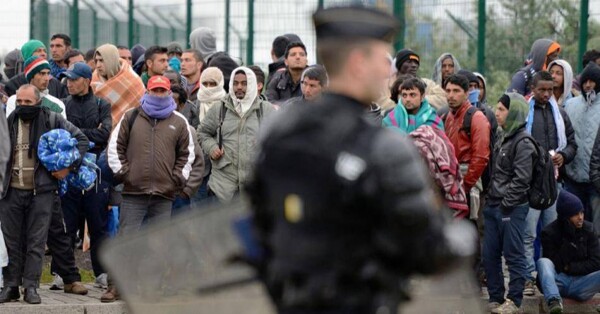The Spanish government has been recently criticized for its public stance and private actions regarding defense material purchases from Israel. Intelligence experts consulted by ABC have labeled the government's statements as a "smokescreen." Despite recognizing Palestine and calling for a ceasefire, the country has continued to import from Israel, including an operation worth 3.2 million euros in September.
According to data from the State Secretary for Trade, Spain has conducted three arms and ammunition purchase operations from Israel in the last months of 2024, with the purpose of meeting national defense needs. These transactions, totaling more than 9 million euros, have been carried out through accredited Spanish companies, international consortia, and companies with Israeli capital.
Consulted experts emphasize the necessity of acquiring this material to ensure national security, labeling the government's stance as hypocritical and indicating that renouncing these purchases could compromise the country's defense. Despite public statements about the suspension of offensive weapon purchases, acquisitions of key military and security technology from Israel have taken place.
Despite the controversies, the government defends that purchases of Israeli aerospace parts are a necessary exception to keep the country's air and maritime fleet operational. Military technology experts argue that dependence on Israel for defense systems and equipment is a reality that Spain cannot overlook, highlighting advanced Israeli technology in communications and other areas.
The Ministry of Defense did not wish to comment on these operations, which could have been managed directly by the department, through publicly contracted companies, or in public-private collaboration. The transactions include the acquisition of weapons, ammunition, and advanced security systems, evidencing the complexity of the situation and the contradictions between the government's public discourse and private actions in defense.














